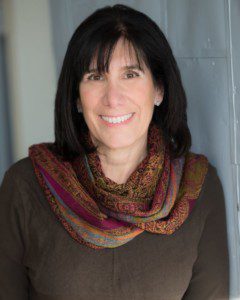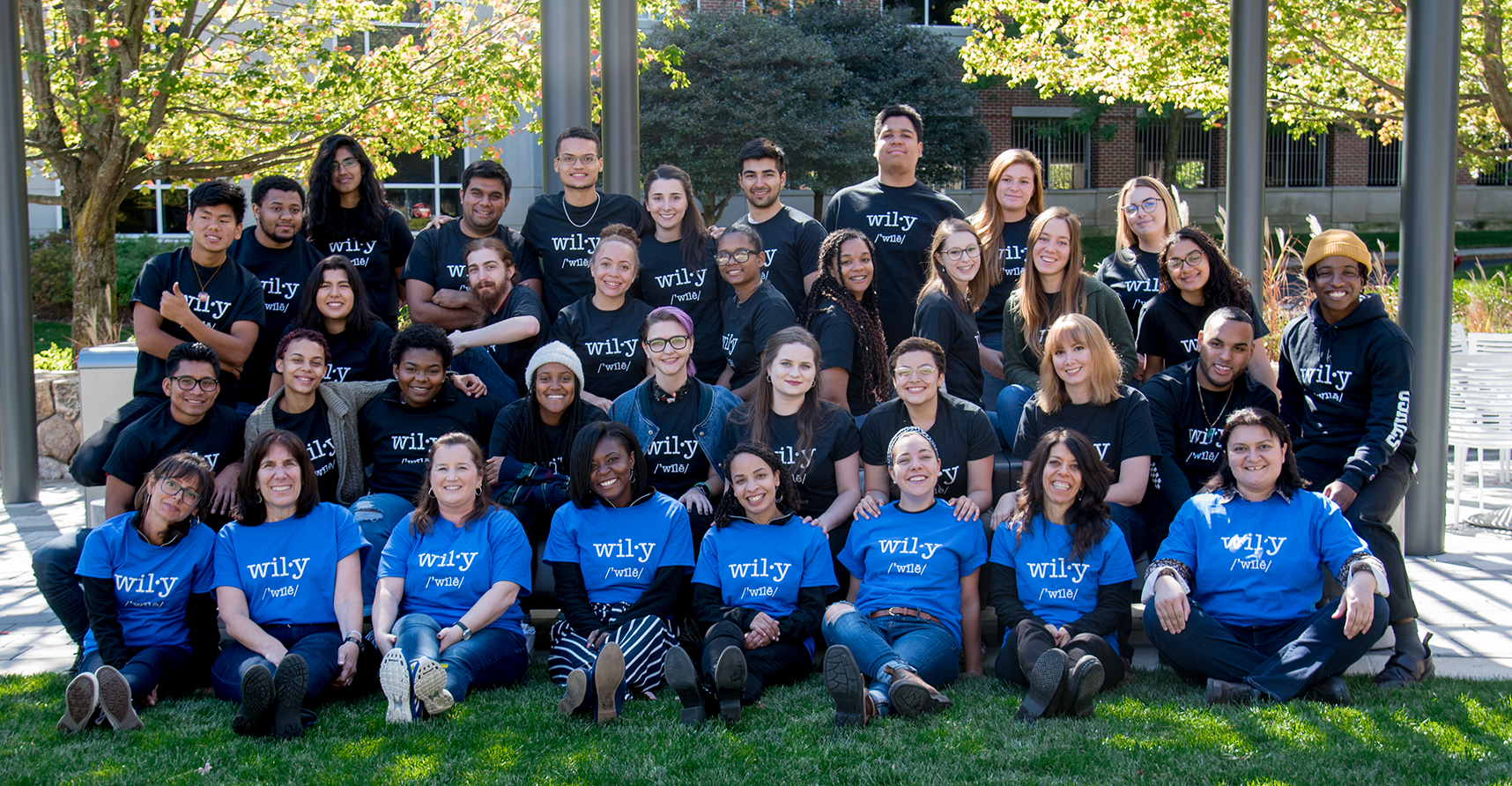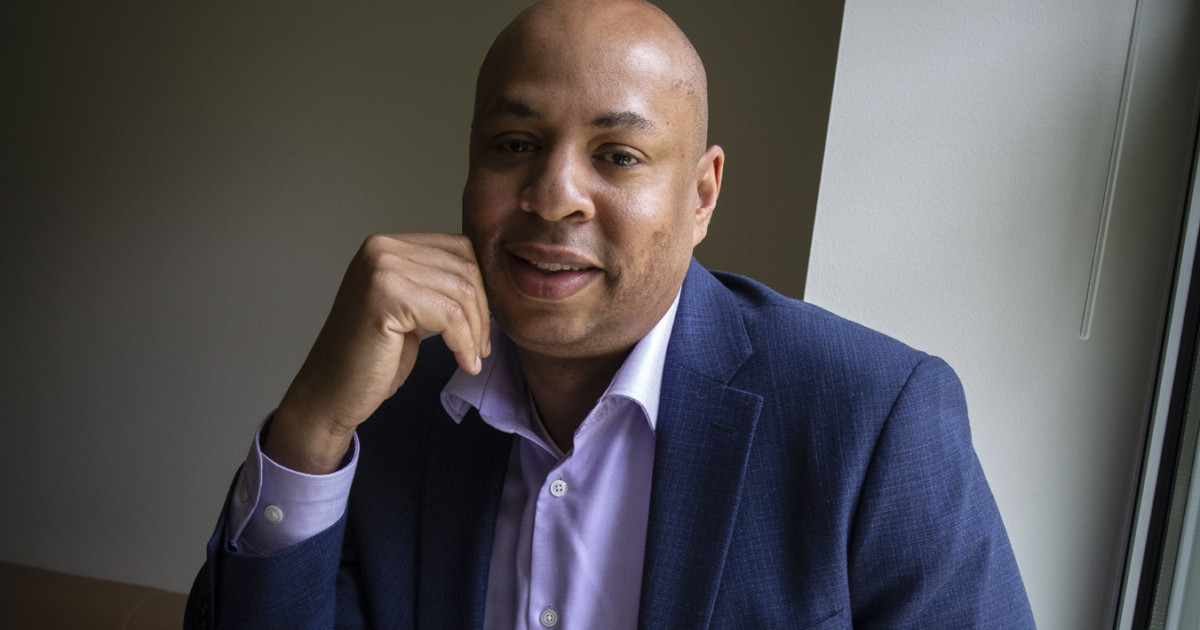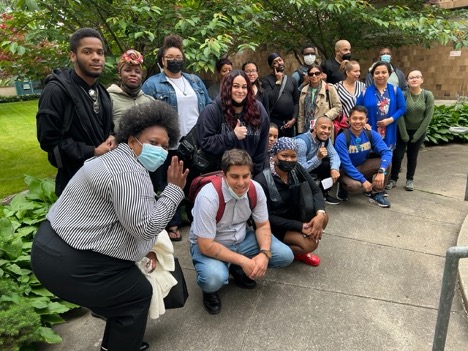In 2014, Dr. Judi Alperin King, PhD, founded the Boston area’s first organization dedicated to supporting students who would otherwise need to navigate college on their own: the Wily Network.

Judi Alperin King
Eight years later, Dr. King and her team work with 75 students, called Wily Scholars, across ten campuses. For their entire college career, Wily Scholars gain access to financial assistance, counseling services, and an engaged community of other students and coaches.
While some Wily Scholars have experienced foster care, others have parents who are incarcerated or dealing with addiction. What they all have in common is a lack of family support. With the holiday season already here, Dr. King spoke with the Mary Christie Institute about the unique challenges her Scholars are anticipating once schools shut down for winter break.
MCI: You describe the Scholars at the Wily Network as not having an alternative “safety net.” How that does that play out during holiday breaks from college?
King: For Wily Scholars, this is going to be their first safe and stable housing that they have had, for some of them, in their whole lives. And so they’re really looking forward to four years where they just don’t have to think about that and they can actually feel safe. And when the colleges say, “We’re closing the dorms at the end of exams and you have 24 hours to leave,” it’s really a problem.
What’s complicated is that when a student is in the spring of their senior year of college, they are probably 17 or have just turned 18. And typically, there is somebody in most pre-college students’ lives to really look over that financial aid award letter and help them to understand what it means and what it includes and what it doesn’t include. For a Wily Scholar, the students are typically doing that by themselves. And when they do that, they don’t know what is not delineated in the financial aid award letter. So, for example, it doesn’t say that the student doesn’t have 365-day housing. It doesn’t say that the student doesn’t have a dining plan or, in a more detailed way, a dining plan during times when school is not in session.
There are some colleges that do allow students to stay. Typically, if you want to stay, you actually have to go tell a stranger why you need that housing. And so at Wily, one of the things that we try to do with our partner schools—the schools that we have a formal relationship with—is to have students be able to tell the housing department that they are a Wily Scholar, and that is in lieu of having to tell their story about why they don’t have a safe place to go over the break.
What is not common knowledge is that even for the colleges that do allow students to stay, you move to a special dorm that they’re going to keep open, which is fine. But they often don’t have the heat at the same capacity that they do when it’s fully populated because they just don’t need it. So it’s always a little bit chilly. We hear that from the students all the time. I don’t think anybody’s intentionally trying to make them frozen, but it doesn’t feel the same as it does when the dorms are full.
The other piece of it is that it’s lonely to be in a dorm room that’s not even your dorm room during that break. And so we try to have activities for students during the break that they can do by themselves or they can do with us. And then whatever your religion is, the whole world closes down Christmas Eve and Christmas Day, and it’s pretty common for students to say they don’t want to go to a friend’s house over that holiday and watch their happy family celebrate, or people have gotten them gifts out of guilt. It’s a harsh reminder of what they wish could be. And so what we do, and we’ve learned this lesson over many years, is that we get hotel rooms and we go to a hotel that’s hopefully festive, and we have dinner. And then we’ll play some games or hang out, and then we’ll sleep overnight in the hotel and then have brunch together and open presents in the morning and then go to the movies so that people don’t have to be alone during that 24 hours that can feel so lonely.
MCI: What is the mental health impact like for your Scholars when dealing with the holiday season? How is the Wily Network involved in addressing those needs, as well?
King: The holidays are a very hard time. One of the things students are telling us more and more about is that there’s this sense that you’re supposed to have a place to go to that is going to receive you with open arms. And so not having that feels really uncomfortable. One of the things that you hear students complaining about is not wanting to go home. Students who have wonderful families, supportive families that care about them and that they care about, but it’s not uncommon developmentally to want to separate a little bit from your parents or your families during college as you’re growing up. But for students who have no family to go home to, that feels really hard—to hear other college students saying, “Ugh, I have to go home and be with my family.” That can be a really complicated thing to hear from a friend. And what do you say? So we try to have a lot of outlets for students. Our clinical coaches still meet with them weekly during break if they want to. As always, we have somebody who is available 24 hours a day for emergencies, and we really check in with people as frequently as possible just to see how they’re doing.
MCI: What about others like the Scholars who aren’t in programs like the Wily Network?
King: We hope to include as many students as we have room for at Wily. We do have students that we can’t take that we might refer to different programming or shelters. Unfortunately, there are not a lot of good options for school break housing. A lot of programs are not up and running when school is closed. I think the thing that we do well, that we hope is helpful, is that we try to educate the colleges about the unique needs of students who don’t have anywhere to go and to try and convince them to have housing available to students 365 days a year.
MCI: How do you think schools can help support Scholars and other students who are in a similar position this holiday season?
King: Number one, let them stay in their dorms. Maybe anticipate which students will need housing and put them in a dorm that’s going to stay open anyway so that they don’t have to move during break. Or at least find ways for them to get access to their things during the break. I think one of the things that we don’t think about and people might not understand is that a Wily Scholar travels with all of their belongings at all times. They haven’t left their summer clothes or the things that were too much for them to carry in a safe place. It’s in their dorm room. And so I think it’s hard sometimes to anticipate everything you’re going to need over that break. And so not being able to get back into your dorm room is really hard.
Also, provide nutritious meals for students during break. And I’m not sure what schools could do about this, but I know sometimes students will not want to stay on campus without a lot of other students because they feel that because of their identity, they might be targeted. Or if they have to call the police, it won’t be clear why they’re in that space when the school is closed. And so they feel really unsafe staying on campus during a period where there aren’t a lot of students around. So if a student shares with us that they are feeling unsafe, we will find them other accommodations, whether that’s a hotel or a rental.
I think almost all of the resources that are typically on campus are closed if there are no open dorms. So, in terms of the counseling center, I’m not aware of any counseling center at a school that would be open when the dorms are closed. There may be emergency numbers that you could call. But I know that we’re working with some students who are concerned about their mental health over the next four weeks, which is such a challenging time for many people. And so we’re anticipating what they will do in that situation and reaching out to see if there are day programs or other kinds of mental health supports that they can utilize during this time.
MCI: Any final thoughts?
King: We often make assumptions about peoples’ situations. What I would say is to lead with curiosity and openness and respect and to be willing to listen and offer support that’s being requested. I think so often as individuals we want to help in a way that we think is helpful. If you encounter somebody who is on their own during this really complicated period of time, let them direct you in the best way to support.




